Programming / Coding
06 Jun 2024
Python Yield | Keyword Guide (With Examples)
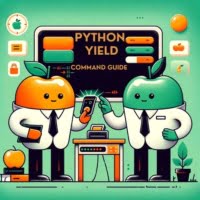
The ‘yield’ keyword in Python programming is crucial while automating tasks at IOFLOOD, facilitating the creation of generators and lazy evaluation of data. In our experience, ‘yield’ enhances memory efficiency and streamlines data processing, particularly in scenarios involving large datasets or infinite sequences. Today’s article explores what ‘yield’ does in Python, providing examples and explanations
06 Jun 2024
Python While Loop | Complete Guide (With Examples)

Utilizing a while loop in Python is crucial while programming on Linux servers at IOFLOOD, allowing iterative execution of code blocks based on specified conditions. In our experience, while loops enhance code control and efficiency, particularly in tasks requiring dynamic loop conditions. Today’s article explores the usage of a while loop in Python, offering practical
06 Jun 2024
“For Loop” in Python | Syntax, usage, and examples
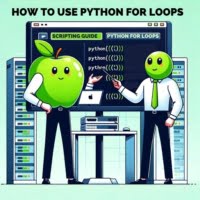
When programming for automation at IOFLOOD, a ‘for’ loop is our go-to tool for iteration over iterable objects and sequences. In our experience, for loops simplify repetitive tasks and enhance code organization, particularly in tasks requiring sequential processing. Today’s article explains how to effectively use a for loop in Python, providing examples and explanations to
06 Jun 2024
Python Loop Mastery: A Comprehensive Guide
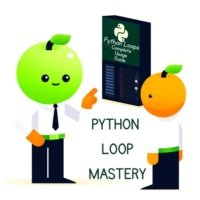
Creating loops in Python is a core technique we use while developing software at IOFLOOD, as it allows repetitive execution of code blocks. In our experience, Python loops are versatile tools that simplify iterative tasks, making them essential for various programming tasks. In today’s article, we delve into how to create different types of loops
06 Jun 2024
Python Continue | Flow Control Keyword Guide
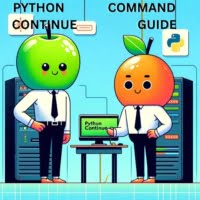
Skipping specific iterations within loops in Python is a technique that we use often while programming at IOFLOOD, achieved with the ‘continue’ statement. In our experience, the ‘continue’ statement enhances code readability and control flow, particularly in complex iterative tasks. Today’s article delves into how to effectively use the ‘continue’ statement in Python, providing examples
06 Jun 2024
Python Exit | How To Terminate A Python Program At Will

Python’s exit function is a crucial tool when developing software at IOFLOOD, as it facilitates graceful termination of programs and scripts. In our experience, Python’s exit function streamlines program termination and enhances control over script execution, particularly in scenarios requiring clean exits. Today’s article explores Python’s exit function, providing insights into its usage and best
06 Jun 2024
Python Switch Case | Using Switch Statements in Python
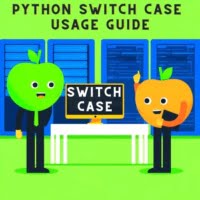
Proper usage of the switch-case structure in Python programming is imperative while managing systems at IOFLOOD, facilitating efficient conditional branching and code organization. In our experience, switch-case structures offer a concise and readable way to handle multiple conditions, enhancing code clarity and maintainability. Today’s article explores what a switch-case structure is in Python, providing examples
06 Jun 2024
Python Break: Guide to Controlling Loop Execution

Proper usage of the ‘break’ statement in Python programming is crucial while automating tasks at IOFLOOD, as it enables premature termination of loop execution based on specified conditions. In our experience, the ‘break’ statement enhances code control and simplifies logic implementation, particularly in iterative tasks with exit conditions. Today’s article delves into how to effectively
06 Jun 2024
Python ‘pass’ Statement | Guide (With Examples)

While programing software for use at IOFLOOD we have become accustomed to using the ‘pass’ statement in Python for placeholder code implementation. In our experience, the ‘pass’ statement serves as a placeholder for future code development, ensuring smooth syntax and logic flow. Today’s article delves into what the ‘pass’ statement is in Python, providing examples
06 Jun 2024
Python Iterator Mastery: Your Complete Guide
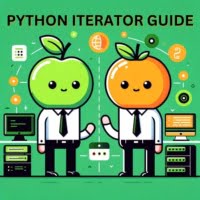
Exploring Python iterators and their usage is essential while scripting on Linux servers at IOFLOOD, enabling efficient data traversal and processing. In our experience, Python iterators offer a modular approach to iterative tasks, enhancing code organization and maintainability. Today’s article delves into what a Python iterator is, how it works, and how to effectively use